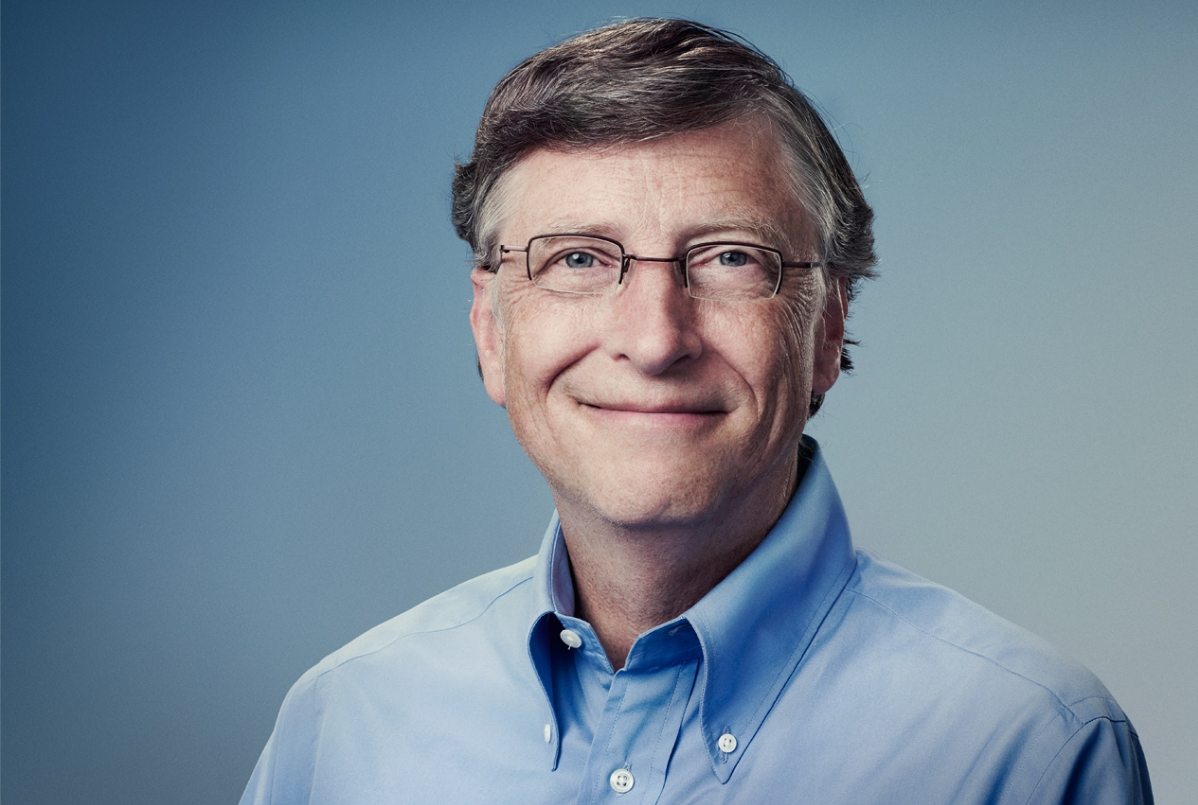Bill Gates Contributes $100M to Efforts Directed at Quelling Alzheimer’s
Microsoft cofounder Bill Gates has now announced on his blog that he is donating $100 million to help support research into Alzheimer’s disease. Half of this money will go to the non-profit Dementia Discovery Fund, while the other half will go to startups exploring “less mainstream approaches to
treating dementia” through clinical trials or early detection.The investment is independent of his philanthropic work at the Bill & Melinda Gates Foundation.
Although the number of studies investigating Alzheimer’s disease has grown in number over the past decade, scientists have not yet found a conclusive way to battle the disease, which is one of the top 10 causes of death in the US.
“I know how awful it is to watch people you love struggle as the disease robs them of their mental capacity, and there is nothing you can do about it,” Gates wrote. “Our understanding of the brain and the disease is advancing a great deal. We’re already making progress, but we need to do more… This is a frontier where we can dramatically improve human life.”
Every 66 seconds, someone in the United States develops Alzheimer’s, a rate expected to double by 2050, according to a 2016 study by the Alzheimer’s Association. For those who live into their mid-80s, there is a 50% chance of developing the disease, which causes decline in memory, language, problem-solving and other cognitive skills, the nonprofit says. “That trend will likely continue as baby boomers age, which means that more families will watch their loved ones suffer from cognitive decline and slowly disappear,” Gates wrote in his post.
Dementia, of which Alzheimer’s is the most common form, affects close to 50 million people worldwide and is expected to affect more than 131 million by 2050, according to the non-profit campaign group Alzheimer’s Disease International.
In his blog, post-Mr Gates, 62, said he was confident a breakthrough in treating the disease could be found if progress was made in five key areas, including developing a better early diagnosis of Alzheimer’s and funding more diverse approaches to treating patients.
He said: “By improving in each of these areas, I think we can develop an intervention that drastically reduces the impact of Alzheimer’s. There are plenty of reasons to be optimistic about our chances: our understanding of the brain and the disease is advancing a great deal. We’re already making progress—but we need to do more.”
While there is currently no cure for Alzheimer’s, there have been over 400 drug trials in the last 15 years. There have also been many diagnostic advances, such as improved brain scans and imaging technology that can predict if and when people will develop Alzheimer’s. Doctors have even proposed that daily activities like meditation and taking medical marijuana can help stave off the disease.






























